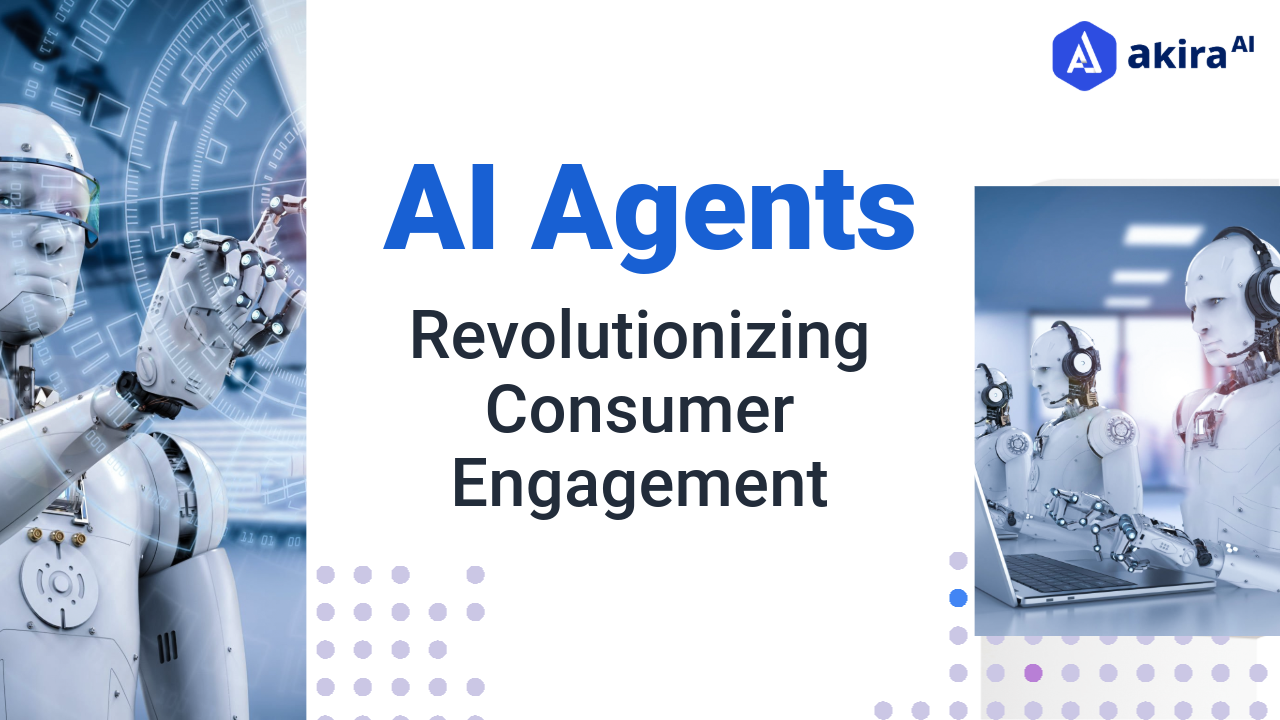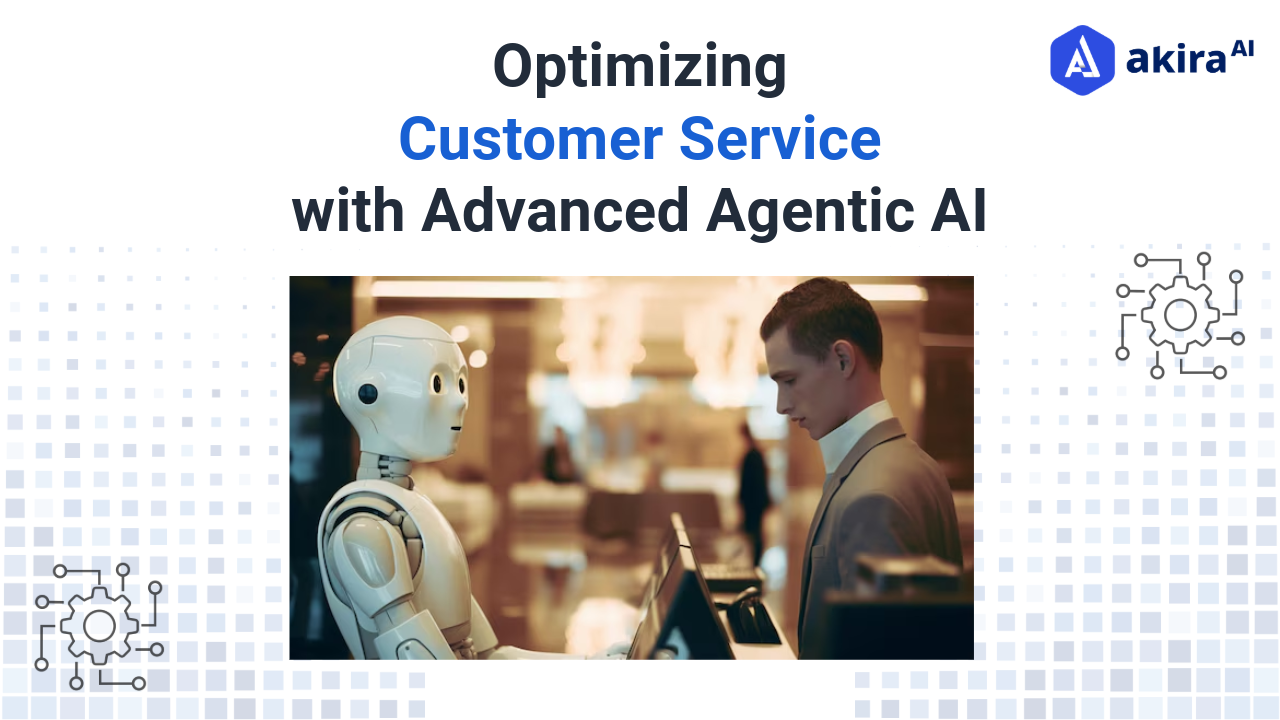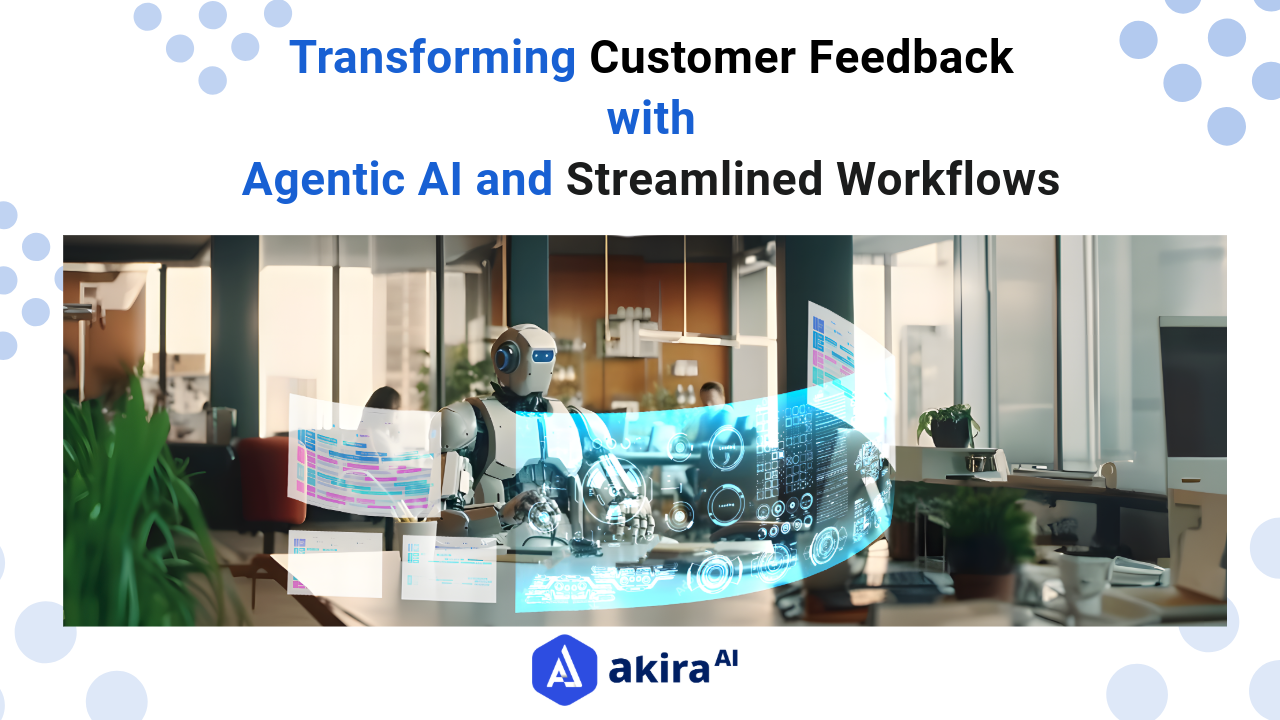In today's digital age, consumers have unprecedented access to information, fundamentally altering how they engage with brands. To remain competitive, businesses must adapt their engagement strategies to meet evolving expectations. One effective solution lies in the deployment of AI agents, which facilitate tailored interactions that resonate with individual consumer needs. These intelligent systems utilize data analytics and machine learning to comprehend customer preferences, providing real-time support and personalized recommendations.
AI agents enhance customer satisfaction by offering immediate, relevant responses, fostering a sense of value and understanding among consumers. Additionally, their integration streamlines operations, enabling brands to handle inquiries efficiently without burdening human staff. This not only improves response times but also ensures consistent service quality. As businesses leverage AI to enhance consumer interactions, they are well-positioned to redefine the customer experience landscape, establishing deeper connections and driving long-term loyalty in an increasingly competitive marketplace.
What is Consumer Engagement?
Consumer engagement refers to the active participation and emotional connection customers develop with a brand through various channels, including social media and customer service. These interactions shape perceptions; positive experiences enhance loyalty, while negative ones can drive customers away. Engaged customers are more likely to return, recommend the brand, and make repeat purchases. High engagement levels also lead to increased satisfaction, crucial for retention. Additionally, engaging customers provides valuable feedback, allowing brands to adapt and improve. Ultimately, fostering meaningful interactions helps build lasting relationships that drive satisfaction, loyalty, and sales. By prioritizing customer needs, organizations can create brand advocates who amplify their reach.
Overview of AI Agents in Consumer Engagement
Consumers engage with various AI-driven touchpoints, including chatbots, virtual personal assistants, and customer relations agents. Utilizing natural language processing (NLP) and machine learning, these systems analyze customer inquiries to provide relevant and accurate solutions.
These AI Agents operate continuously, significantly enhancing the consumer experience by offering immediate assistance and minimizing response times. Moreover, interactions are recorded and analyzed, enabling the AI to refine its responses and customize engagement strategies for different customer profiles. This ongoing learning process contributes to improved support quality over time.
Traditional vs. Agentic AI Consumer Engagement
|
Aspect |
Traditional Consumer Engagement |
Agentic AI Consumer Engagement |
|---|---|---|
|
Interaction Type |
Human-Centric Interaction: Involves customer care attendants interacting through phone, email, or in-person. |
Instantaneous Responses: Provides immediate answers to customer inquiries. |
|
Response Time |
Time-Consuming: Customers face long wait times, especially during busy hours. |
24/7 Availability: Offers service at any time, eliminating wait times. |
|
Availability |
Limited Availability: Customer service teams have set working hours, restricting support. |
Scalability: Handles tens of thousands of simultaneous connections without compromising quality. |
|
Service Quality |
Inconsistency: Service quality varies depending on the representative. |
Consistent Quality: Delivers predictable service based on programmed guidelines and data. |
|
Adaptability |
Limited Adaptation: Human agents may struggle to adjust to varying customer needs and trends. |
Continuous Learning: AI agents improve over time by analyzing past interactions and adapting their responses. |
|
Cost Efficiency |
Higher Costs: Employing a large customer service team incurs significant expenses. |
Cost-Effective: Reduces operational costs by automating interactions and minimizing human labor. |
How Do AI Agents for Consumer Engagement Work?
-
Data Collection: Step one of AI agents is to gather information from the several contact points that customers use like social media, website visits, and information from previous inquiries made by customers. It is the primary source of information on the market perception of consumers to achieve optimal results.
-
Natural Language Processing: With the help of NLP (Natural Language), AI agents can unravel and comprehend human language. Thus, it helps them understand the context, sentiment, and intent of the customers which puts them in a better position to respond accordingly.
-
Machine Learning: Machine learning algorithms enable AI agents to learn from interactions over time. As they engage with more customers, they can identify patterns, improve their responses, and adapt their engagement strategies based on previous interactions.
-
Decision-Making: Using data analytics, AI agents can predict what the customer might need and devise ways of meeting that need. For example, if a customer frequently inquires about a specific product, the AI agent can proactively recommend related items or special offers.
-
Seamless Execution: After implementation, once the AI agent has studied the customer's request, it can perform tasks including order processing, appointment making, or recommending products or services that may be best suited for the customer. Everything happens almost simultaneously, hence creating an efficient and effective customer experience.
Use Cases of AI Agents for Consumer Engagement
-
E-commerce Support: The main benefits that may be obtained through the application of AI agents include product recommendations tailored to buyers’ preferences, product descriptions, and tracking of the purchasing process. It can review the history of visitors to recommend certain products that consumers would like.
-
Booking and Reservations: In the travel and hospitality sub-set, AI agents can help the customer in the booking of their flights, and hotel accommodations and get other reservations done. They can answer questions relating to the availability of the vehicles, prices of service, and travel policies among others concerning the contract.
-
Financial Services: AI agents can help customers in banking by assisting with the maintenance of the accounts, checking the balance, and other operations. They can also help customers in overspending areas, give them some tips on how to avoid this or warn them about any transaction made on the account.
-
Healthcare Management: In health care, such AI agents can make appointments, remind patients of their appointments, and provide information about the medication and treatment to be taken. They can reply to patients’ questions and guide them with post-operation or post-discharge directions that enhance the patients’ interaction with the clinics.
-
Telecom Services: Many telecom industries can use artificial intelligence agents to handle email-related concerns, products, and services such as plan information or billing and technical support. These agents can solve ordinary problems and prevent customers from changing their services according to their patterns of use.
-
Customer Feedback Collection: AI agents can also perform polling or engage in direct questioning of the customer, so businesses know how happy their customers are and what changes they could make. This real-time feedback enables quick addresses to customer complaints since they are obtained in real-time.
-
Real-Time Order Updates: In delivery services, the AI agents can give updates on orders, their delivery points, and the relevant dates thus customers are engaged until the orders get to them.
-
Personalized Marketing: The data collected from the customers can be used by AI agents to develop more specific advertisements and sales pitches can be made or discounts and offers sent that will suit the needs of the customer.
How does Akira AI optimize Consumer Engagement?
Akira AI’s Agentic AI platform is designed to provide businesses with powerful tools for optimizing consumer engagement. Here’s how it works:
-
Advanced Analytics: The platform uses big data to capture intelligence from customer engagements to enhance understanding of the consumers in the market. This approach enables organizations to develop their strategies based on customers’ preferences, favoring their usage.
-
Seamless Integration: Akira AI currently works in harmony with the CRM platforms and messaging apps that customers currently employ. This assures that the current technology framework used by businesses can be used at the same time as they improve their engagement endpoints.
-
Personalization: From its machine learning element, Akira AI’s platform delivers preferential information and highly customized promotional appeals based on customer information. Such a level of personalization helps build a better relationship with customers, and this helps to build loyalty.
-
Automated Workflows: The operations that are performed include replying to recurrent questions and sales order processing. This not only improves efficiency but also allows human agents to focus on more complex customer inquiries.
-
Real-Time Support: Akira’s AI incorporates 24/7 support for businesses allowing them to answer customers’ questions immediately. This capability increases customer satisfaction and serves as a tool in creating brand equity.
Operational Benefits of AI Agents for Consumer Engagement
-
Efficiency Improvements: Compared to human agents, AI agents can manage many inquiries in a short time, that is, they reduce response time. It results in enhanced customer satisfaction and helps in the proper use of available resources by business organizations.
-
Cost Savings: Reduction of systematic work involving customer inquiries will enable a business organization to cut down on many expenses which may be incurred in recruiting or training of customer service attendants. This makes one part of a firm’s operations much less expensive, which frees up resources for investment in other parts of the business.
-
Resource Optimization: AI agents help automate basic interactions with clients and customers so that human agents can be used to address more sensitive questions and develop overall business strategies. This resource optimization makes the customer service function to be more efficient and effective.
-
Data-Driven Insights: Intelligent agents help businesses get better data regarding customers’ interactions and characteristics. This information can be used to refine engagement strategies, improve products and services, and enhance overall customer satisfaction.
Technologies Transforming Consumer Engagement
-
Natural Language Processing (NLP): NLP empowers AI agents to walk through human language and interpret the sentiments of customers. That allows agents to have more natural conversations with customers.
-
Machine Learning: Machine learning designs an AI agent so that it will learn from experience and hone its responses moving forward. In other words, the agents will improve as time passes.
-
Predictive Analytics: Predictive analytics enables businesses and employees to understand and anticipate customer needs and preferences to proactively engage with a customer or generate meaningful recommendations.
-
Voice Recognition: Voice recognition allows AI agents to interact with customers through voice-based interfaces which is particularly helpful for allowing a wider variety of customers to interact in a "friendly" manner with technology that wouldn't normally be accessible to them.
-
Omnichannel Support: AI Agents can operate in various roles simultaneously such as websites, social media, and/or messaging applications. This ensures a frictionless experience across all customer service channels.
Future Trends of AI Agents for Consumer Engagement
As technology rapidly progresses, so will the use of AI in consumer engagement. Here are a few areas that we view as possible future directions:
-
Increased Connectivity with IoT: Both AI agents and the devices that comprise the Internet of Things (IoT) will benefit from the ease of connectivity, which will assist in accessing and analyzing real-time data while creating an opportunity for enhanced proactive engagement.
-
Better Personalization: As AI agents advance, they will acquire improved abilities to provide extraordinarily personalized encounters to consumers. Companies will modify their marketing strategy by gauging and interpreting ever more subtle details in consumer data, allowing for engagement with the brand based on distinct attribute preferences and behaviors.
-
Ethical Ownership: Another development for businesses to consider with the increase in AI agents will be those conversations focused on ethical ownership in the areas of data privacy, transparency, and being ethical, as it pertains to consumer data. For a business to retain trust in today’s environment, it will have to exhibit communication and actions toward ethics, data ownership, and privacy.
-
Continuous Development: AI agents are poised to undergo continued transformations based on the state of knowledge and advancements in machine learning and AI technologies. Ongoing changes will continue to advance these technologies supporting organizations and consumers while the technology continues to develop more accurate predictions and relevance for consumers.
-
Collaboration with Human Agents: AI agents will help human agents work through the more complicated discussions that involve empathy and careful discussion instead of replacing them. An AI agent’s task will lead to improved consumer engagement interactions with a faster and more consistent resolution of questions.
Conclusion: AI Agents for Consumer Engagement
AI agents can alter the nature of interaction with consumers. Organizations willing to embrace proactive engagement, and innovation will advance to becoming relevant partners in an evolving and competitive landscape. AI agents represent a new era in how businesses and brands engage with consumers agents are not only an emerging trend; they represent a new era in how businesses and brands engage with consumers. Leaning into technology provides businesses with new and relevant ways to develop relationships with consumers, all toward a place of growth, sustainability, and success.


